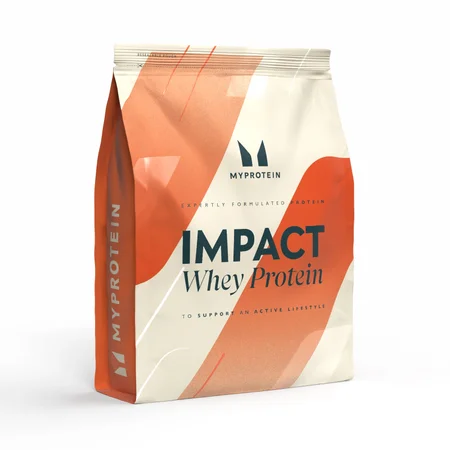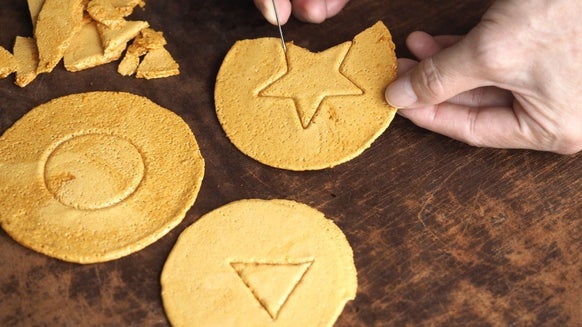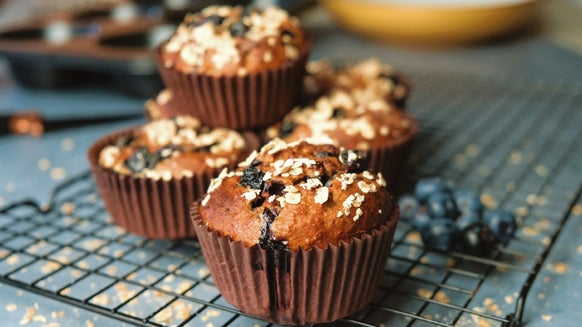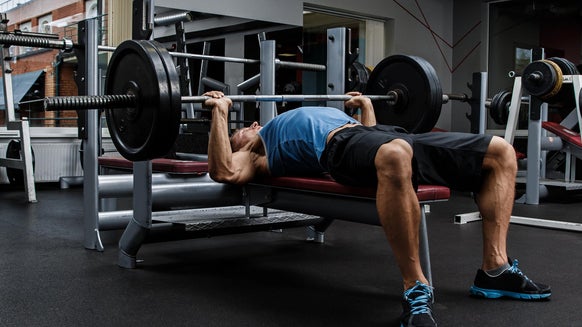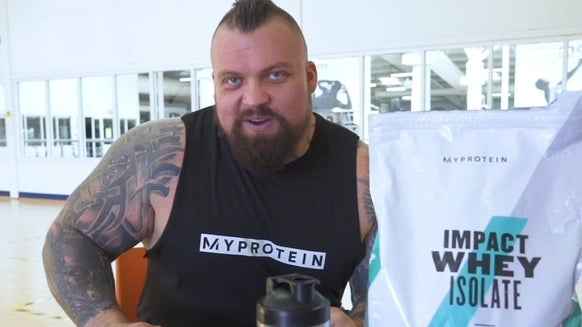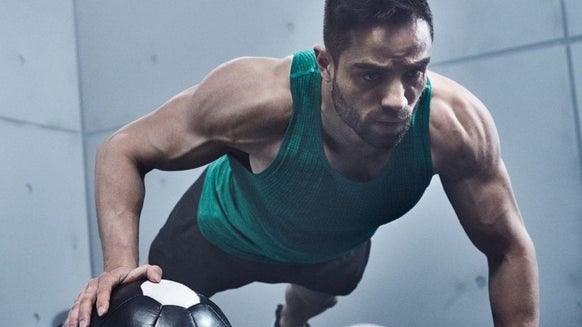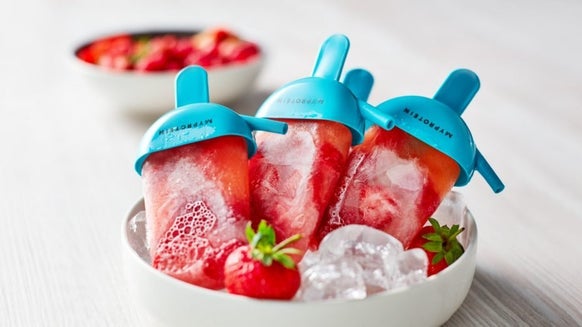Calorie Intake for Women | Why Women Need Fewer Calories

- Women's calorie intake.
- Why do women need fewer calories than men?
- Calorie intake for weight loss.
- Calorie intake for muscle growth.

Calorie Intake for Women
Our calorie intake should match the number of calories we burn in a day if we want to maintain our weight as we age. Many factors contribute to our calorie needs, including our age, height, weight, lean mass vs. fat mass, and exercise level. Use the table below, based on the Dietary Reference Intakes, as a general guide for women’s calorie levels.
| Age | Sedentary | Moderately Active | Active |
| 18-25 | 1700 | 1900 | 2100 |
| 26-35 | 1500 | 1800 | 2000 |
| 36-50 | 1500 | 1700 | 1900 |
| 51+ | 1400 | 1700 | 1900 |
If you want to dive deeper into specific recommendations, including calories and macros, use our calculator tools to help you calculate your custom numbers.
Why do Women Need Fewer Calories than Men?
Generally, women require fewer calories than men - even if it doesn’t seem quite fair. There are many reasons for these differences...
Genetics & Metabolism
Over time, men’s bodies have evolved to make them on average taller and heavier than women. The taller and heavier you are, the more calories your body requires, even at rest. Throughout human evolution males took on roles and tasks that led to these changes over time.2
This evolution also led to men having greater amounts of lean mass to make sure they were able to complete the survival related tasks that were necessary years ago.
Body Fat vs. Lean Mass
Women’s bodies naturally contain higher levels of body fat (and less muscle) than men based on child bearing needs.
Child Bearing and Menopause
Throughout the female lifespan, there are many dramatic changes that men don’t have to encounter.
Pregnancy and lactation change hormone levels dramatically, which can impact metabolism, in addition to challenges with sleeping and stress levels that can cause weight gain.
When women age out of their child bearing years and go through menopause, more hormonal changes can magnify the typical challenges of aging and slowing metabolism.
The female body is incredibly smart and prioritizes the health of both mothers and babies. No matter what phase a woman is in, healthy eating patterns and regular exercise (with their doctor’s approval) can benefit their minds and bodies.

Calorie Intake for Weight Loss
Once you determine the baseline calorie intake for you to maintain your weight, you can manipulate those numbers - both calories and macros - to meet other goals, such as weight loss. When you want to lose weight, you need to get into a negative calorie balance - burning more calories than you’re taking in.
To lose weight, you need to shift your calorie balance by approximately 500 calories per day to lose one pound per week. That daily 500 calorie deficit can be a combination of fewer calories from food and more from exercise, and you can approach that differently based on days that you are training versus rest days, etc.
Calorie Intake for Muscle Growth
When we want to lose weight, we reduce calorie intake - but growth requires extra calories to fuel muscle turnover and building.
For successful muscle growth, three conditions are necessary: 1) calorie surplus, 2) quality protein sources, 3) exercise that induces growth. If you are not consuming adequate calories, the fuel for our muscles, they can’t adequately repair and build after a tough workout to get ready for your next gym session.
While 500 extra calories per day might not be necessary, focusing on boosting your protein intake while staying in a positive calorie balance is key.
Take Home Message
While calories are key for weight loss and muscle building, overall healthy diets and exercise routines can help you meet any goal you’re working towards.
READ THESE NEXT:

Claire is a Registered Dietitian through the Academy of Nutrition and Dietetics and a board-certified Health and Wellness Coach through the International Consortium for Health and Wellness Coaching. She has a Bachelor of Science in Biology and a Master’s degree in Clinical Dietetics and Nutrition from the University of Pittsburgh.
Talking and writing about food and fitness is at the heart of Claire’s ethos as she loves to use her experience to help others meet their health and wellness goals.
Claire is also a certified indoor cycling instructor and loves the mental and physical boost she gets from regular runs and yoga classes. When she’s not keeping fit herself, she’s cheering on her hometown’s sports teams in Pittsburgh, or cooking for her family in the kitchen.
Find out more about Claire’s experience here.
1. Institute of Medicine.Dietary Reference Intakes for Energy, Carbohydrate, Fiber, Fat, Fatty Acids, Cholesterol, Protein, and Amino Acids. Washington (DC): The National Academies Press; 2002.
2. Harris, J. A., & Benedict, F. G. (1918). A biometric study of human basal metabolism. Proceedings of the National Academy of Sciences of the United States of America, 4(12), 370.

